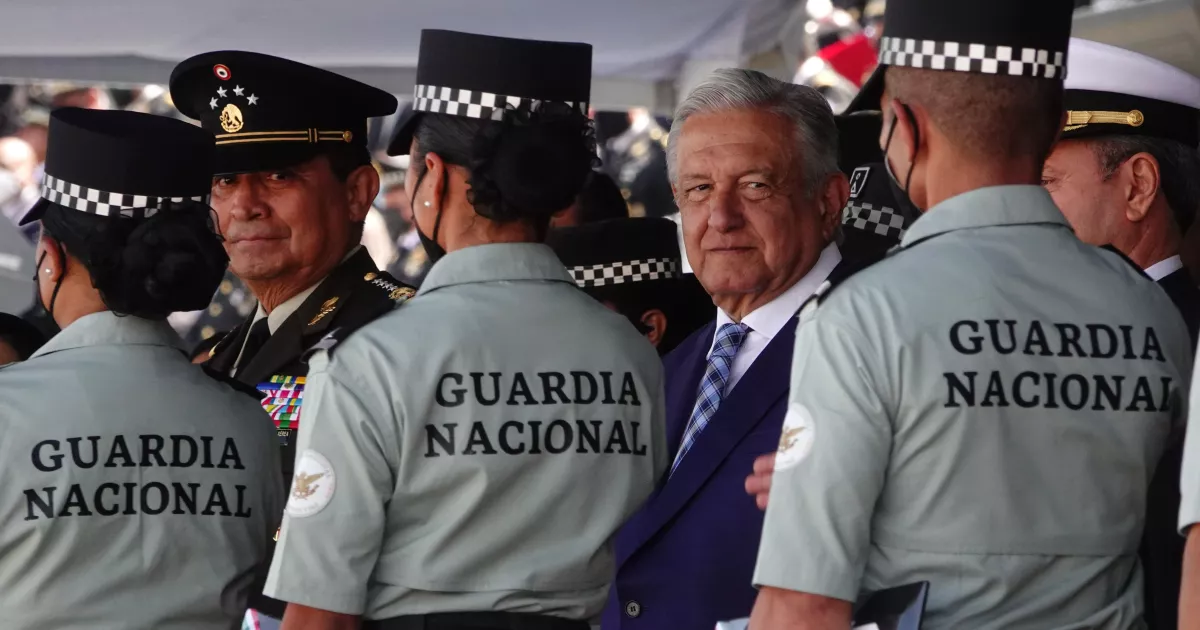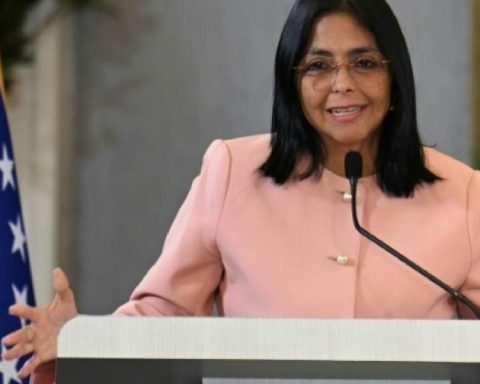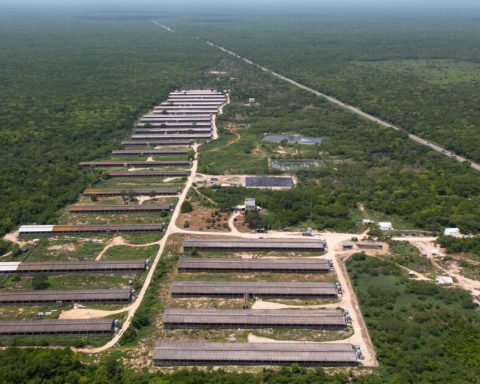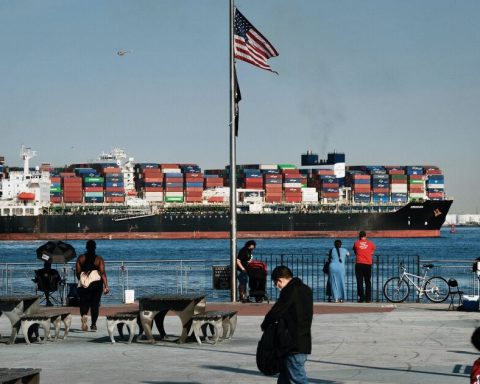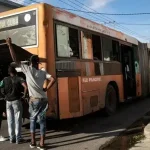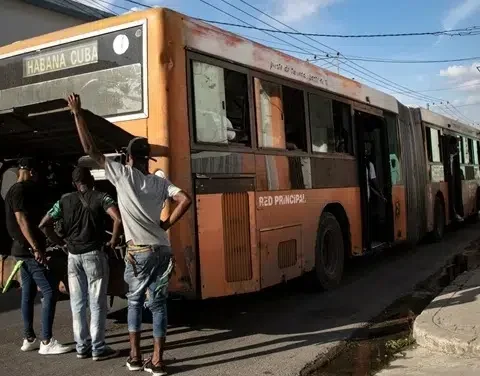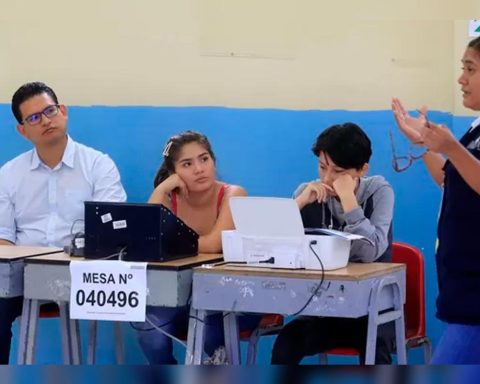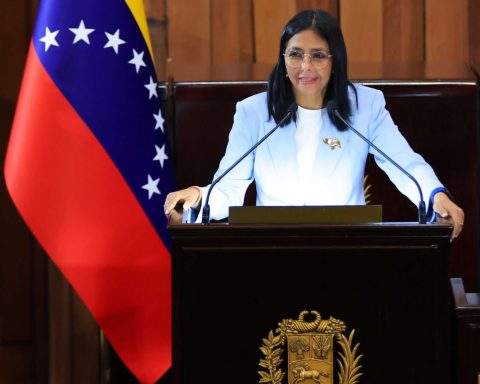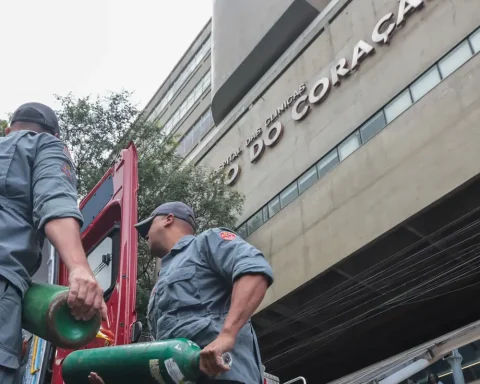Juan Carlos Piña, a security specialist and professor at the Monterrey Technological Institute of Higher Education (ITESM), explains that the intention of President Andrés Manuel López Obrador to issue a decree months ago to transfer the National Guard operationally and administratively is to formalize what was already in the facts operate.
“It is a phenomenon that we have been seeing for a long time: the main command of the National Guard comes from the Military Forces is military, those in charge of each of the Guard coordination in the states of the Republic are military and approximately 80 % of those who make up the institution come from the armed forces. What is sought today is to make iure what is already de facto, which is to record in documents what is really already happening”, he refers.
The National Guard began operations on June 30, 2019. With the purpose of covering 266 regions and having 150,000 troops, the corporation began its security tasks with 70,000 elements and little by little it has been adding elements, but the majority are commissioners of the Armed forces.
“The law was violated because de facto they were assigned to the National Defense, but in the design and structure they depended on the Secretary of Security, but in reality it was not like that. They were attached to the Sedena, they received orders from the Sedena,” says Miguel Garza, executive director of the Institute for Security and Democracy AC (insyde).
(Galo Cañas Rodríguez)
Through a response to a request for information, the Ministry of Public Security (SSPyPC) specified that 33,945 elements of the extinct Federal Police were included in the National Guard. However, year after year, that civilian force has been diminishing. From 2019 to 2020 it went from 33,945 to 22,970; in 2021 from 22,970 to 22,816 and in 2022 from 22,816 to 18,376, that is, in three years, 46% of former federal police officers have left the corporation.
Currently the National Guard is made up of 118,188, of which the majority are “transfers” of soldiers to the Secretariat of Security and Citizen Protection (SSPC), but they maintain their positions in the National Defense and in the Navy.
